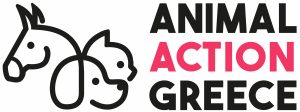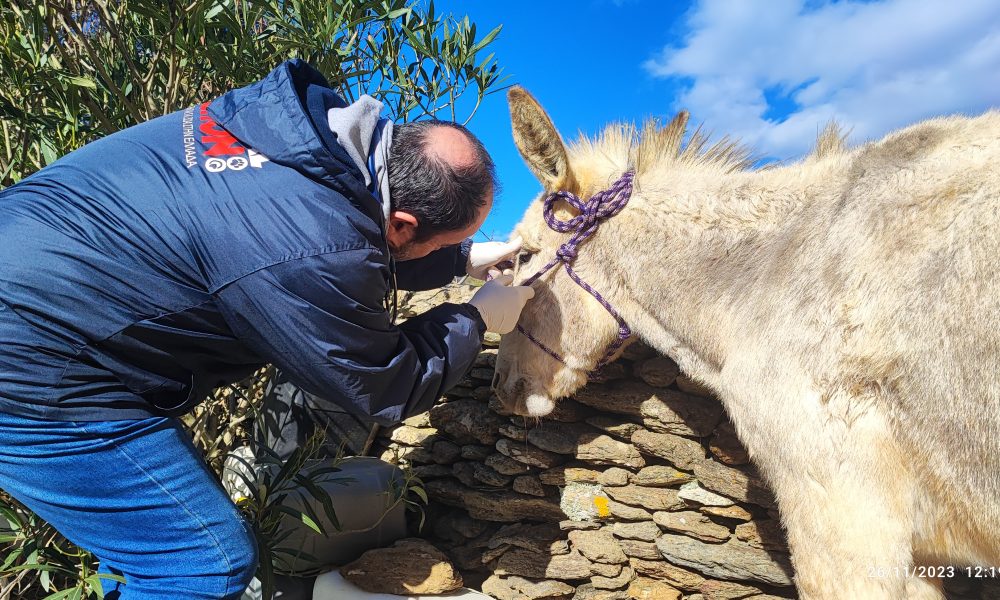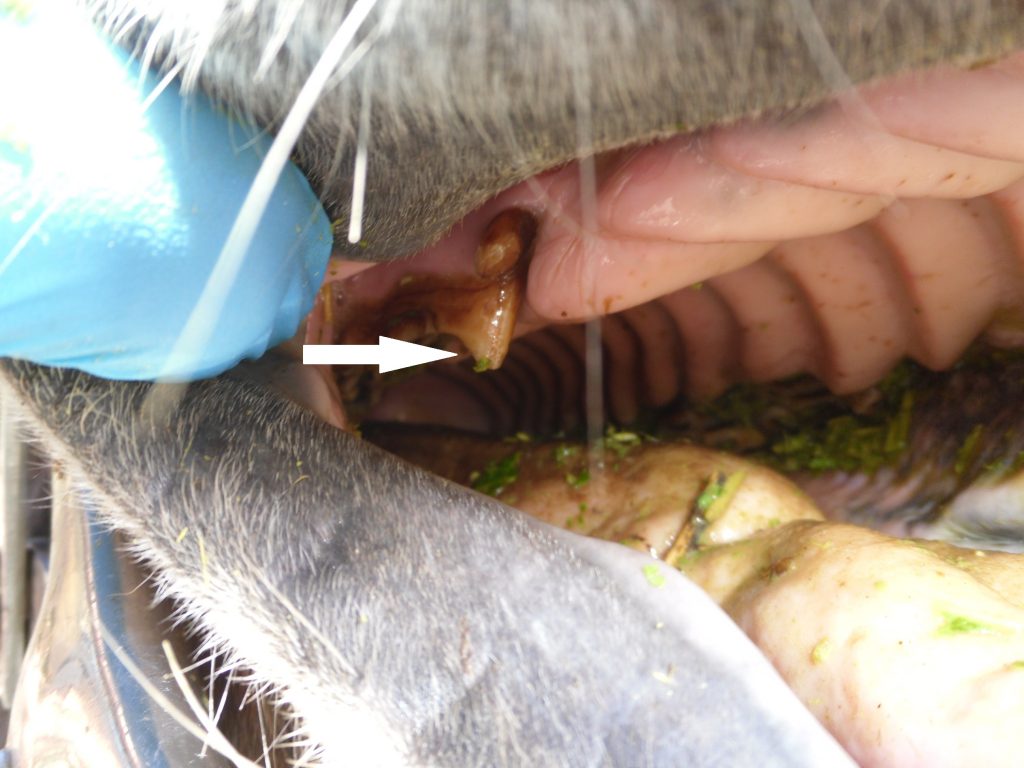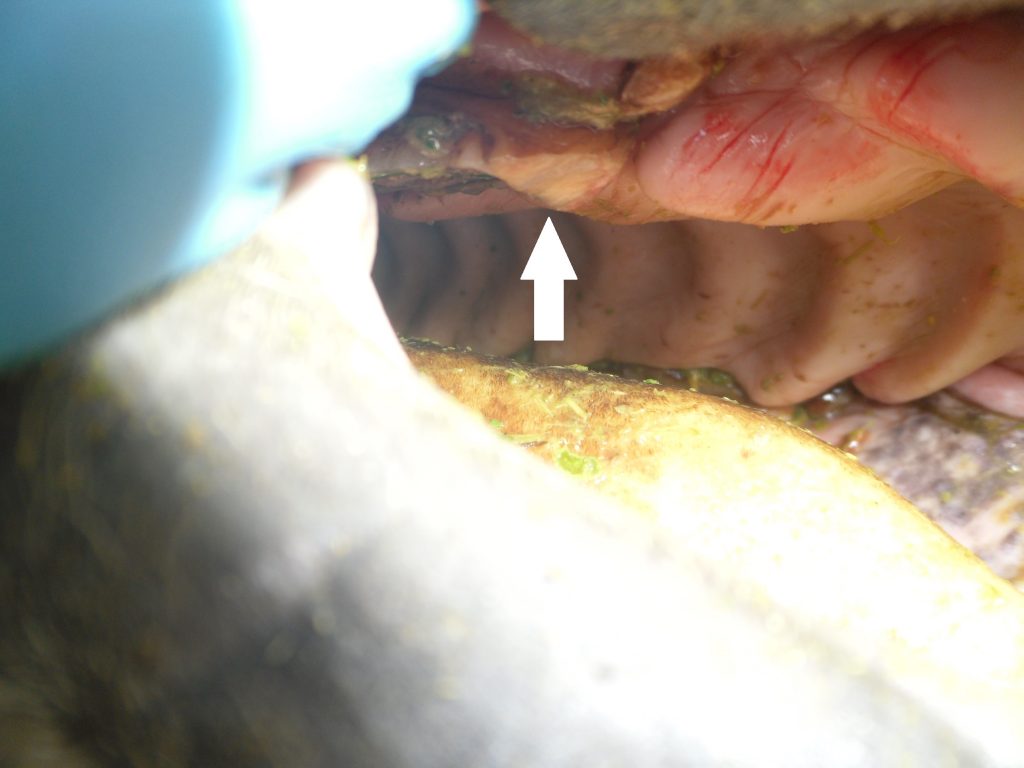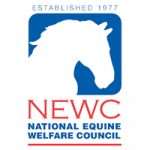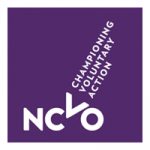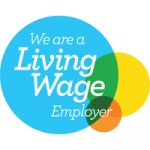On November 24-26, the Animal Action Greece team made a three-day visit to the island of Kea, in order to provide veterinary, dental and farriery care to the island’s equids.
The veterinarian Kostas Okkas, the equine dental technician Alkis Gkeskos and the farrier Tasos Skyllas offered their services to 58 equines of the island (30 donkeys, 23 mules and 5 horses).
The island’s equines are used in various agricultural tasks, in the transport of goods, several for tourist rides, while others are kept as pets. Out team’s annual visit helps promote the welfare of these animals and keep them in good general condition. This is exactly what we came across this year; animals that previously had serious problems, mainly with their hooves, were found significantly improved, as their owners are applying our instructions as much as possible.
Our dental technician rasped the sharp enamel points and dental hooks on most of the animals we saw, as quite a few were animals we had never seen before. We provided major dental care to a 9-year-old horse with massive hooks in his upper front and lower rear molars, which was having difficulty moving his jaws normally. The same animal was also wormed for endoparasites and it is certain that next year it will be in a much better body condition.
Our farrier trimmed the hooves of a large number of the animals we came across, while he restored the normal shape to hooves that were overlong and deformed.
The case of a 17-year-old male donkey deserves special mention. It was the first time we took care of this particular animal, which had a severe problem both in its teeth, with very sharp dental spikes and hooks that prevented it from chewing normally, and in its hooves, which, due to chronic laminitis, were huge and required special effort to be trimmed.
Advice was given to all the owners on correct feeding and general care, in order to keep their animals in the best possible condition.
A pleasant surprise awaited us with Sotiris, a donkey, whose overlong hooves had been trimmed the two previous years by our farrier and who appeared this year with normal-sized hooves. The owner had followed all our advice both in terms of diet and movement and as a result that donkey had returned to his normal life. We had a similar pleasant picture with Athanasia, a laminitic donkey with long hooves, who, after this year’s treatment is also gradually returning to her normal condition.
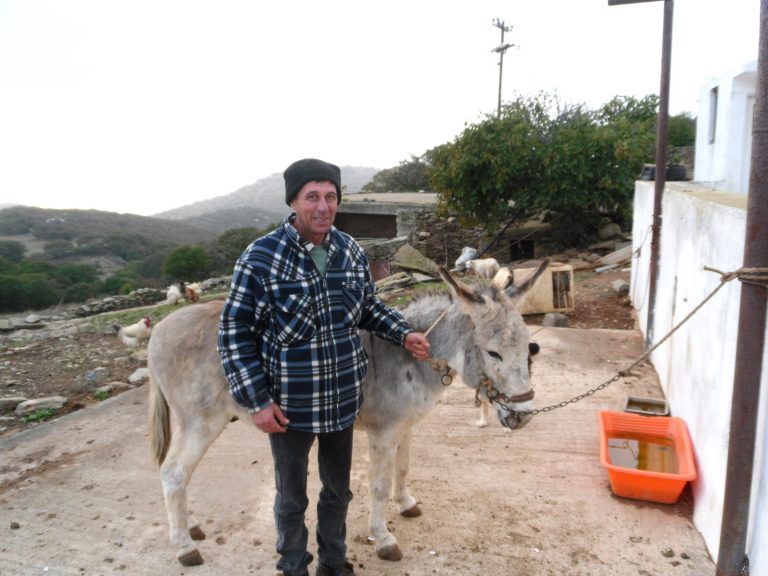
During the visit, the team had the opportunity to examine and offer their services to two donkeys that had been rescued by Donkeyland and that in the next few days would leave Kea for the mainland, with the intention of being given for adoption. Long standing collaboration of Animal Action and Donkeyland always brings positive results for the donkeys’ welfare, proving the importance of good communication and implementation of common goals.
Three more animals were microchipped during this trip, bringing the total number of microchips that our team has placed on the island of Kea after the full implementation of YA 311/62043/2021 to thirteen. A number that looks small compared to the total number of equids on the island, but is a start and shows the willingness of the locals to comply with the current legislation and help this way to identify their animals and prevent the illegal transport and trade of equines. We are grateful to the local ministry vet Konstantinos Ntaras, for his contribution to this effort.
We would like to express our warm thanks to Eva Papadimitriou for offering our team’s dinner. Special thanks to Giannis Mouzakis, who, despite his work obligations, accompanied our team throughout the three days and helped to carry out the program; a demanding program, as, despite the winter weather changing from one moment to the other, we managed to visit 17 villages of the island and help as many animals as possible. We would finally like to thank the Municipality of Kea for publicizing our outreach on their website and we are looking forward to receive further support and start a cooperation in our next outreach.
